The Top 10 Tech CEO Departures Of 2008
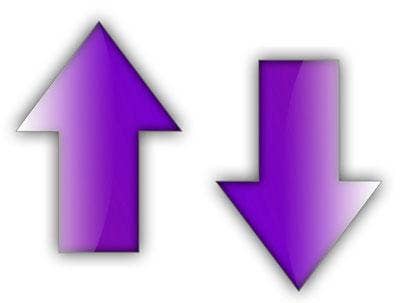
It was a tumultuous year to be in the top spot at a tech company in 2008. From Symantec to Synnex to VMware, CEOs were either ousted, resigned or retired. Here are some of the most prominent CEO departures in 2008.
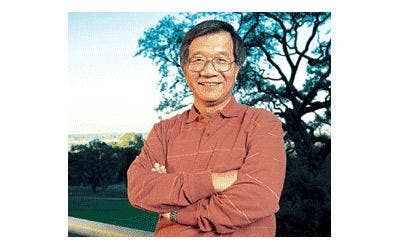
Shortly before Thanksgiving, Synnex revealed that it had finalized succession plans for its outgoing CEO Bob Huang. The distributor revealed Nov. 25 that Bob Huang would retire as president and CEO of the company effective Dec. 1, while continuing to function as the chairman of the distributor's board. Kevin Murai was appointed by the board of directors to take the reins of the company in the wake of Huang's retirement.
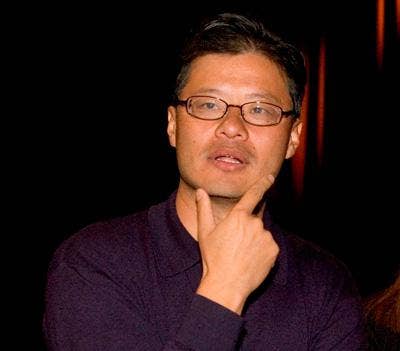
Jerry Yang, co-founder of Yahoo, was tapped to run the company in mid-2007. His tenure was marred by one bad decision after another. In his time as the No. 1, he refused to sell to Steve Ballmer and Microsoft, even though they offered a substantial premium over the stock price at the time. Yang also tried to garner an ad revenue deal with Google that was delayed by federal antitrust regulators before Google finally walked away from the deal. Fresh in the wake of the destroyed ad deal, Yang went on stage and appealed to Microsoft to purchase the company at the Web 2.0 Summit. Shortly after his appearance on stage, Yang blogged his resignation as CEO, but said he will stay on with the company as "Chief Yahoo."
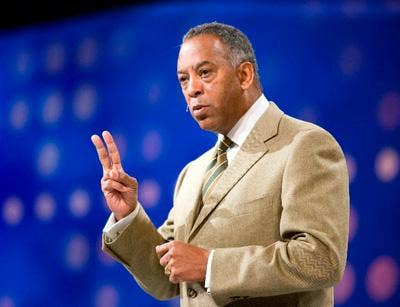
Saying that 10 years is long enough, Symantec CEO John W. Thompson revealed in mid-November that he will be stepping down from his role as top cop at Symantec early in 2009. In his time there, Thompson took Symantec from a $632 million consumer antivirus company to an enterprise storage and security powerhouse with more than $6 billion in sales. Thompson will be followed by current COO Enrique Salem, who takes over April 4, 2009.
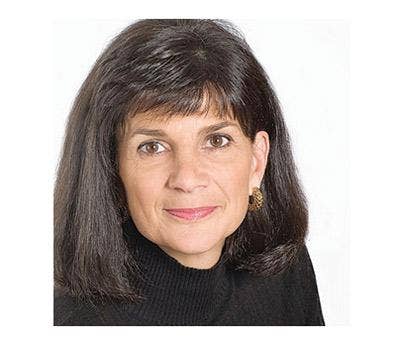
Alcatel-Lucent CEO Pat Russo unveiled in July her plan to leave the company that was once AT&T. Russo agreed to stay on with the company until a new CEO could be found, but noted that she wanted to leave the company "no later than the end of the year." Russo took over after Alcatel and Lucent merged in 2002 and noted back in July that it was the right time for her to leave the company so it could "bring a fresh and independent perspective" to the table.
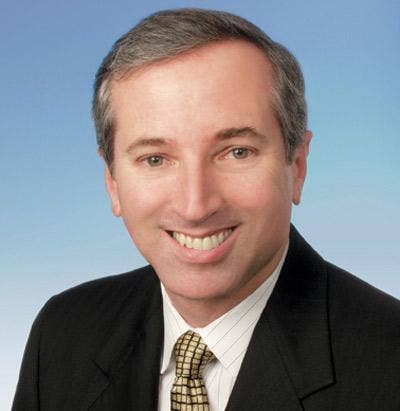
After a 12-year run taking Juniper from a router contender to a full-fledged networking and security vendor, Juniper CEO Scott Kriens in July said he would step down as CEO. Kriens' departure stirred rumors in the industry, as the news of his planned replacement, Microsoft's Kevin Johnson, leaked out before Kriens himself could say he was stepping down. With speculation swirling that Kriens was ousted for Johnson, the rumor mill quieted when the world learned that Johnson would indeed be that new Juniper CEO, but that Kriens would remain with the company as chairman.
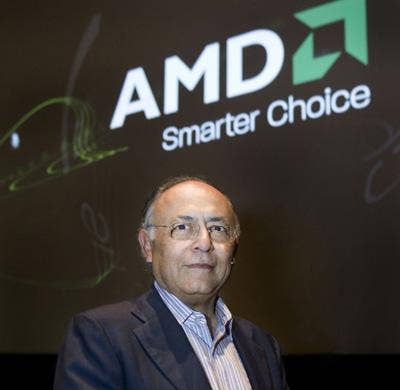
Seven straight quarters in the red finally ended Hector Ruiz's tenure as CEO of chip manufacturer Advanced Micro Devices in July. Channel troubles, a bug that delayed the volume shipment of its first quad-core processors and more than $1 billion in extra charges associated with AMD's 2006 acquisition of ATI all contributed to the demise of Ruiz, who in 2002 replaced AMD co-founder Jerry Sanders as CEO. Ruiz stayed on board as a director and was replaced by Dirk Meyer, who vaulted from his position as president and COO to become just the third chief executive in AMD's history.
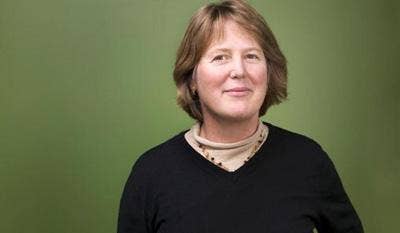
VMware CEO Diane Greene in July was ousted from the top spot of the company she founded with her husband, Mendel Rosenblum, in 1998. In 2004, the virtualization company was acquired by storage giant EMC and launched its own successful IPO in 2007. Joe Tucci, CEO of EMC and chairman of VMware's board, handpicked Paul Maritz, a former Microsoft executive, to replace Greene.
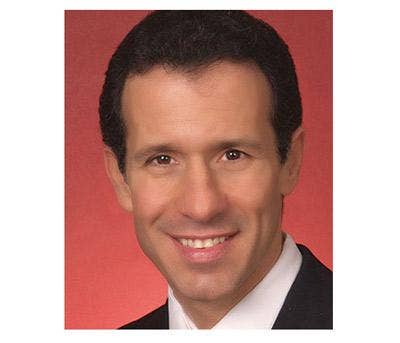
Not all changes at the top come amidst revenue loss or corporate upheaval. In June, Lou D'Ambrosio stepped down from his position as CEO of Avaya due to a "serious medical issue." His departure was effective immediately. While the search for a new CEO takes place, Charles "Charlie" Giancarlo, formerly a top executive at Cisco Systems, stepped in to fill D'Ambrosio's shoes. D'Ambrosio spent two years in the top spot at Avaya.
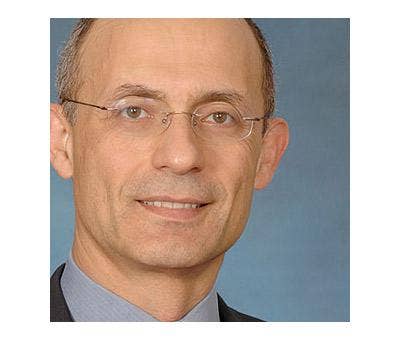
The struggling network vendor 3Com ousted Edgar Masri as CEO of the company in late April, choosing to name China-based Robert Mao as its new CEO. Masri took over the job of CEO of 3Com in August 2006, marking a less than two-year tenure as the networking company's top dog. Mao's appointment was seen in the industry as a sign of things to come at 3Com, as the former U.S. networking powerhouse looks to emerging geographies for growth.
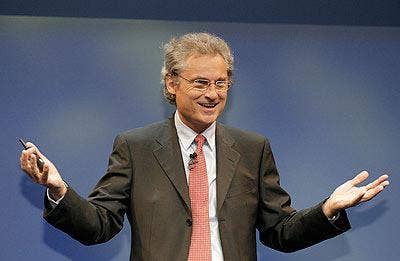
In early April, SAP promoted Lou Apotheker to co-CEO to help ease the transition for the planned retirement of CEO Henning Kagermann. Kagermann is slated to leave the company in the spring of 2009. Apotheker had been widely pegged as Kagermann's successor since March 2007, when SAP executive board member and reputed CEO-in-waiting Shai Agassi left the company after Kagermann's contract was extended into 2009.